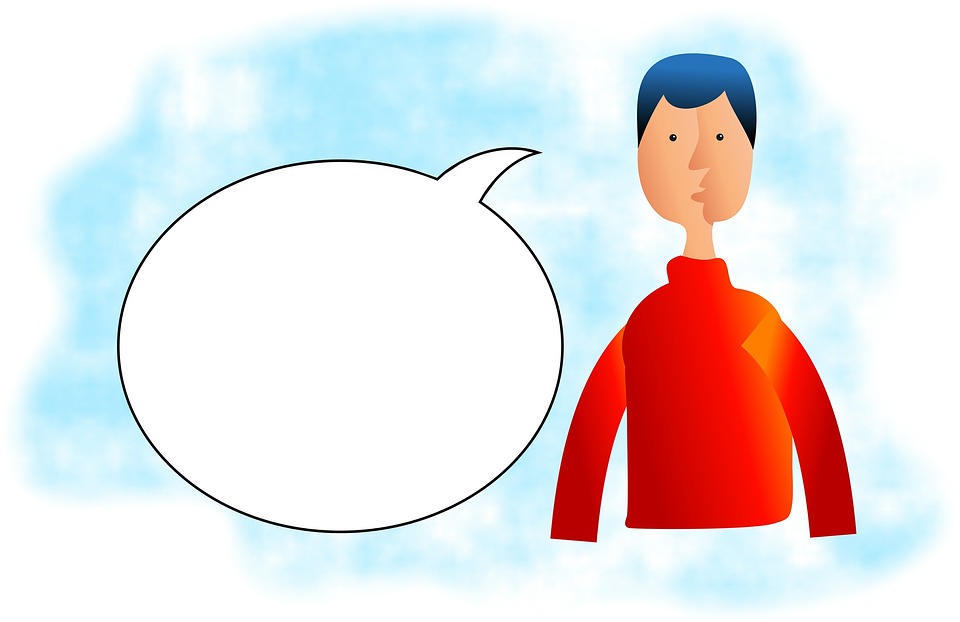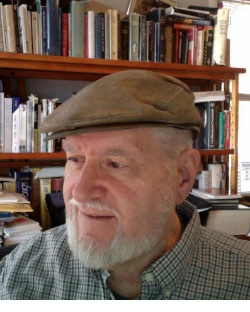The Glass is Full: Everything You Were Taught is Wrong
Judging from the look of perplexity on your face, either you clicked on the wrong link, or the title of this piece piqued your curiosity long enough for you to click on the wrong link. Whatever the case, now that you’re here, you might as well come along for the ride.
When I was asked to be a regular contributor, a position I held at the inception of the original circular at the start of the decade, I was loath to revamp and regurgitate the articles I had written back then. I also knew that many of the current WF members would not have read any of those pieces, but I needed to come to a compromise with myself and resolve to create a no-nonsense column that cut through the BS and got to the crux of the matter. What you are reading now is the culmination of that, a column that shall henceforth be referred to as The Glass is Full or TGF (not to be confused with TGIF, an acronym only ever relative on a Friday, of which it is not).
Here, I hope to arm you with the knowledge of the industry I have accumulated over a period of fifteen-plus years. All necessary disclaimers aside, what you will find contained herein and from here on may not always be to your liking, and please remember that what I say will always be opinion unless otherwise stated, but if you take away a scintilla of beneficial information from this column, rest assured I will be okay with you disliking certain parts of the content.
Okay, so let’s get started. The first question you’re no doubt asking is: why did you pick that name for your column? The age-old quandary, “Is the glass half-empty or half-full?”, is one of the more widely disputed philosophical questions of our time, the obvious tautology of the phrasing notwithstanding. In reality, the glass isn’t either, since something cannot be half-full or half-empty. ‘Full’ implies completeness, and ‘empty’ implies nothingness, so the answer to the question is that the glass is always full, because even when it’s empty, it’s still full of air. What the question, therefore, is teaching you to do is to look at things from a different perspective – and that is exactly what I intend to do with this column.
Prior to the start of the twenty-first century, creative writing in secondary (high) schools was encouraged and even admired in a student, but with the current climate of political correctness, and the knee-jerk reactions of faculty members in cases where the merest hint of offence, whether intended or not, can be discerned, creative writing is now hampered by curricula designed by people such as David Coleman, who has actively set about reversing any instances of self-expression in casual school writings (see: The Atlantic magazine archives). The reality, therefore, is that so many people graduate high school without ever learning how to write anything beyond passages learned by rote. As a current tutor of high-school students, in both English language and literature, it is clear to me that these young men and women have no creative leeway or leniency whatsoever. There is a robotic quality to their writing, the words divorced from the writer who wrote them, from their personality, and lacking any heart or soul.
As a tutor of creative writing, it pains me to see the same problems surface there for so many people as well. What I’ve discovered in the few years I’ve been teaching creative writing is a common thread amongst beginners, many of whom choose to focus on how something is written, rather than what is written, and the outcome is often a technically sound piece, in keeping with how writing is taught in school, but one that lacks something every reader yearns for – a riveting tale. The problem, as I see it, is that schools teach students to write answers for exam questions. That particular system is designed for one, and only one, outcome: the conferring of grades A through F. The method I use to teach English students is simple, in both how it can be used and how little it actually teaches someone. I instruct my students that the way to pass an English exam is to constantly refer back to the question(s) asked, but in a way that demonstrates textual knowledge of the book being analysed.
Which brings me to the first controversial point – of which there will be many – of this column. If you want to be a creative writer, I suggest you forget everything school ever taught you about writing. No, I jest you not. The teaching of writing in schools is a paragon of failure concocted by nonetheless well-meaning individuals who are so mired in the ways of academia that no other method of teaching could ever be applicable. The majority of people who leave school with the ability to write more than a shopping list are the ones who were hobbyist writers and readers to begin with. Those who pass with distinction are often tutored, and yet many of them encounter shellshock in university when English courses become infinitely more difficult and teachers are not available to instruct and guide on an individual basis. The bottom line, therefore, is that schools are rewarded contingent upon how their students perform in exam-based scenarios. Better grades often equals better funding, so it is in a school’s best interest to prepare their students in the most efficient (read: quick and easy) manner possible, and as anyone who has ever tried to master this language will tell you, you can’t learn to write in ten months.
So as a new pledge to the “let’s forget what we were taught in school” club, you’re no doubt asking yourself how you undo a dozen or more years of academic programming. Or, and as is more likely, you’re asking if there is anything you learned that can be harnessed and built upon. Of course there is. Without school, you wouldn’t be able to put two words together. The problem, however, with academia in general is that it insists upon certain draconian principles being upheld in spite of the evolving nature of language. It is for this reason that writing in school is less about creative thinking, and more about ensuring that the aforesaid principles are being adhered to. The result of this is a student who knows that I goes before E except after C, but cannot tell you why this is, nor can they tell you the exceptions to the rule (you would not believe how many times I have encountered ‘recieve’ in a student or creative writer’s work).
What does this mean, therefore, for a beginner who is struggling to understand where to start, how to write, or what they’re doing right/wrong? One of the problems with teaching standardised curricula is that it makes no allowance for individuality. Everyone must do the same thing, at the same time, and anyone who engages in any kind of outside-the-box thinking is taken to one side and schooled in their errors. The problem with this approach is that writing is unique to every single person who decides to string a sentence together. Thus, part of the process when one becomes a creative writer is the rejection of the notion that there is only one way to write. As a beginner, the tendency is there to believe that the process you spent a dozen-plus years learning must also be applicable across the board. There has to be one correct way of tackling creative writing, because that’s what you’ve been led to believe your entire life.
You’d be mistaken, and one of the more difficult realities to accept for a beginner is that there isn’t a prescribed path leading from A to B. There isn’t a guidebook you can purchase in a second-hand store and then follow its guidelines without deviation to achieve your desired outcome. What makes our profession unique is the same thing that makes it unpredictable: subjectivity. What one likes, another will dislike. What works for one, will not for another. The process by which you become a writer is one replete with self-discovery and -expression (David Coleman can eat my shorts); the method by which you write is the one that when all other methods have been exhausted and proven unsuitable, that which remains must be correct (Ockham would be so proud).
When you come to this realisation as a writer, it is often one of the most liberating moments. It took me twenty years and two novels to accept that I was the ultimate arbiter of how I wrote, that my educators were wrong to shackle the creativity inherent in me, and that refusing to think outside the realms of what was acceptable hindered me from becoming the best writer I could be.
When we start a new job for the first time, we have to learn the role. Sure, the manager can schedule a two-hour introduction for us for on day one, but how much of that will stay with us? It may be weeks and months before we nail down the exact requirements of our position. We don’t assume that because we worked in a similar industry before that we will automatically know the minutiae of our new company, too, but for some reason we tend to think this way when it comes to writing in our native tongue. We assume that taking an English class in school is enough to prepare us for a career in writing, but it’s a falsehood. It is therefore terrifying to imagine that everything we think we know may be wrong, but if we remember one thing from this article, let it be this quote, by Socrates, on which I will end:
“I am the wisest man alive, for I know one thing, and that is that I know nothing”.
Until next time, be patient, find out what works for you, and remember that the glass is always full.
by Sam









